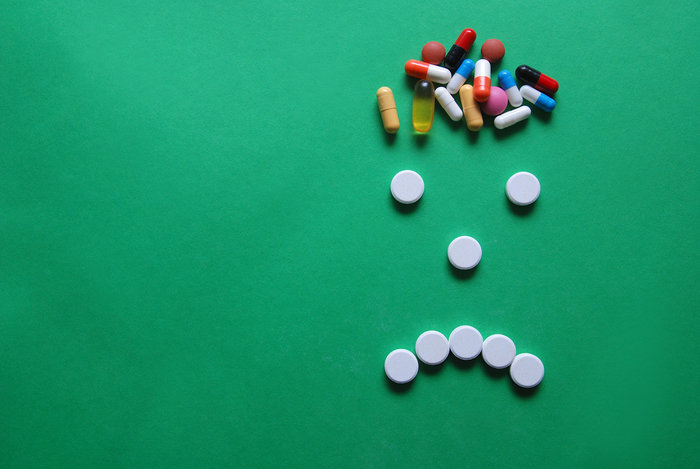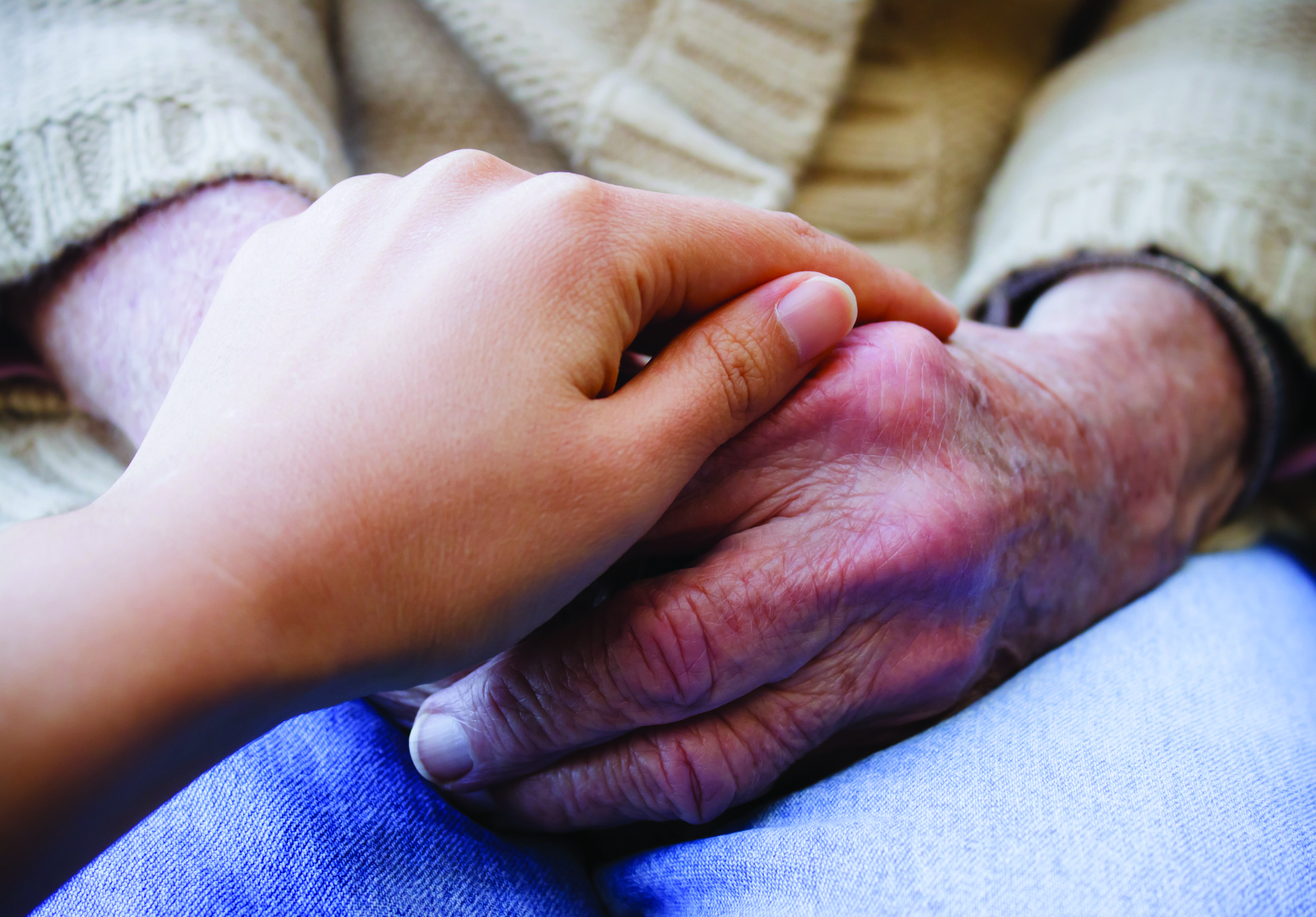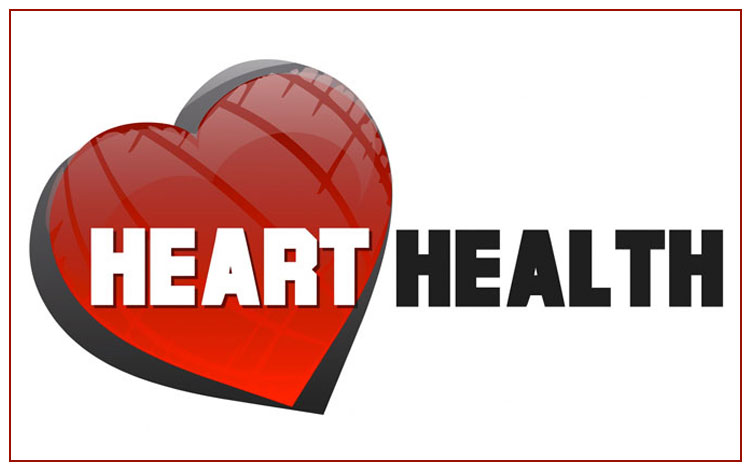
Health News
Features
-
Antibiotics: Fact vs. fiction
Modern Wonder Drugs Not a Cure-All Since it was used in World War II, penicillin has saved countless lives. The use of antibiotics has grown— to the point where it’s become a medical standby. But antibiotics can be overused. Our bodies contain bacteria, or “normal bacterial flora” on the skin and other places. “By exposing…
-
Pop Quiz: Is work-related stress affecting your health?
Find out where strain at work may lurk and if the stress is helping or hindering your well-being. We’ve all heard before that jobs can be stressful, but could your regular nine-to- five responsibilities be causing you just sleepless nights or putting you on the fast track to a heart attack? Learn more about job…
-
Creative ways to say ‘thank you’ to the family caregiver
Chances are, you know someone who is a family caregiver even if you aren’t one yourself. According to the Caregiver Action Network (CAN), 90 million adults— two out of every five in the entire country— are responsible for the bulk of a family member’s care. November is National Family Caregivers Month, and this year is…
Columns
-
Health Facts: Tired … thinning hair . . . tearful? It may be your thyroid gland
THE THYROID GLAND is a butterfly shaped organ that sits in the lower front of the neck. It’s job is to make thyroid hormones, which are secreted into the bloodstream and taken to every tissue in the body. Thyroid hormones regulate metabolism, energy levels, and affect your appetite, body warmth, sleep, and mood. Symptoms may…
-
Senior Care: Oral hygiene and its importance for your senior loved one
DENTAL HEALTH is important at any age, but it’s especially true for our senior populations. Today’s seniors likely didn’t have the benefit of fluoridated water and other products as children, and there are few healthcare programs that offer comprehensive dental care; both Medicaid and Medicare only offer scant coverage at best. The issue is so…
-
Editor’s Dose: Daily steps toward a healthier heart — so you don’t skip a beat
IN MY FAMILY, there is a history of a blood disease, which causes the person to produce too many red blood cells. This, in turn, causes the blood to be too thick, which puts the person at increased risk for heart attack or stroke. Although this rare condition is not linked to heart disease, it…




